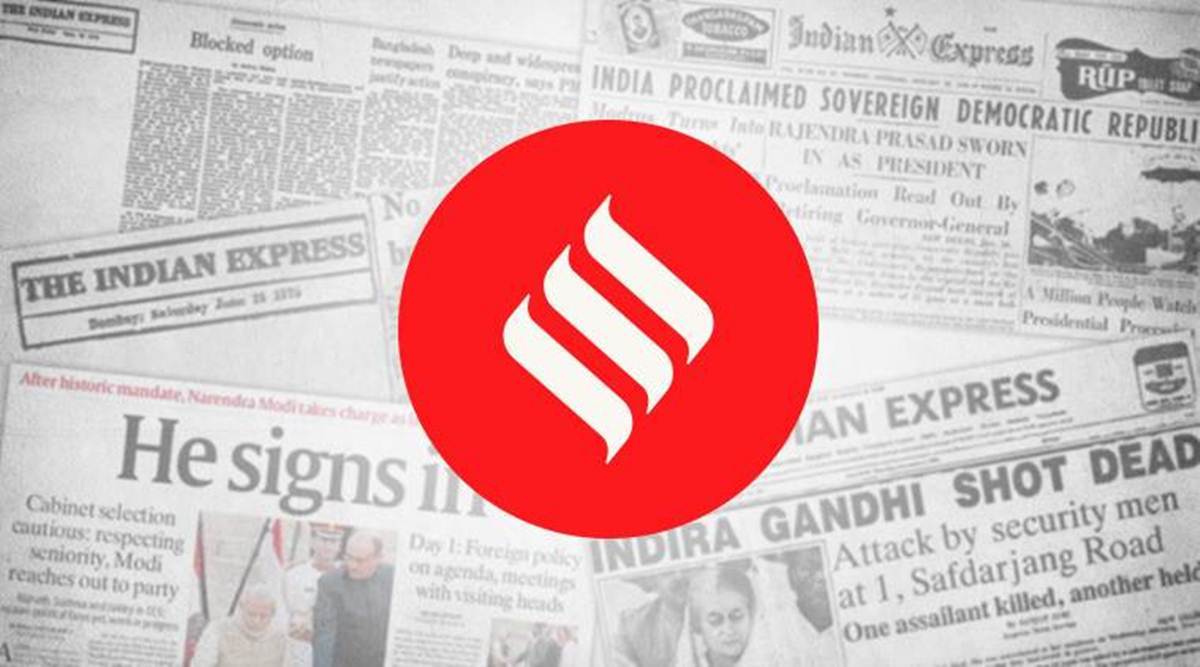 Farmers have every reason, then, to feel suspicious about the hurried manner in which the recent reform legislation was rammed through.
Farmers have every reason, then, to feel suspicious about the hurried manner in which the recent reform legislation was rammed through.Jaswant Singh, who died after a long illness on Sunday, is one of the few Indian political leaders in recent memory to leave a strong imprint on the Union ministries they had the opportunity to run. In the two national governments led by Atal Bihari Vajpayee during 1998-2004, Singh served as the Deputy Chairman of the Planning Commission, minister of external affairs, defence and finance. But it was in the diplomatic domain that his legacy will most endure. Delhi confronted a hostile international moment and deteriorating regional dynamic with Pakistan and China after it conducted a series of nuclear tests and declared itself an atomic power in May 1998. It found its man of the moment in Jaswant Singh, who helped India navigate the crisis with aplomb and come out of it with an enhanced international standing. His extended dialogue with the US Deputy Secretary of State, Strobe Talbott, during 1998-2000 not only helped blunt much of the international reaction to India’s nuclear defiance but also paved the way for resolving the costly conflict between India and the global nuclear order that persisted since the early 1970s.
Even more importantly, Singh’s atomic diplomacy laid the basis for ending the decades of political estrangement between Delhi and Washington and building a productive India-US strategic partnership. His handling of the post nuclear crises also helped India explore solutions to the long-standing territorial conflicts with Pakistan and China. Put simply, Singh, along with Vajpayee’s national security adviser, Brajesh Mishra, turned the nuclear crisis of 1998 into a huge opportunity for writing a new script for India’s foreign policy. To be sure, the attempts to reform and reorient India’s international relations began under Rajiv Gandhi (1984-89) and gained some urgency under P V Narasimha Rao (1991-96), but it was the Vajpayee years that saw the long-overdue overhaul of Indian diplomacy. Unlike with the US, where Singh’s initiatives produced quick and visible transformation, his hopes for negotiating early border settlements with Pakistan and China have remained unfulfilled. But his conviction that India needs settled frontiers with Pakistan and China remains as relevant today as when he was in charge of Indian diplomacy. It is also important to recall Singh’s success in breaking out of India’s traditional zero-sum thinking about the Middle East. He insisted on bringing India’s controversial relationship with Israel out of the political closet and simultaneously pursued a vigorous engagement with key Islamic nations like Saudi Arabia and Iran.
Beyond the determination to restructure the foreign policy framework, Singh brought a new sensibility, rooted in an immense confidence in India’s international possibilities, to the nation’s diplomatic conduct. His personal grace and dignity helped Delhi to shed the defensive prickliness that had come to mark Indian foreign policy in the preceding decades. As an impressive parliamentarian and genuine liberal within the BJP, Singh stood out within the political class of his generation. For reshaping Indian diplomacy at the turn of the millennium, he will be long remembered as one of India’s most consequential foreign ministers.
📣 The Indian Express is now on Telegram. Click here to join our channel (@indianexpress) and stay updated with the latest headlines
For all the latest Opinion News, download Indian Express App.